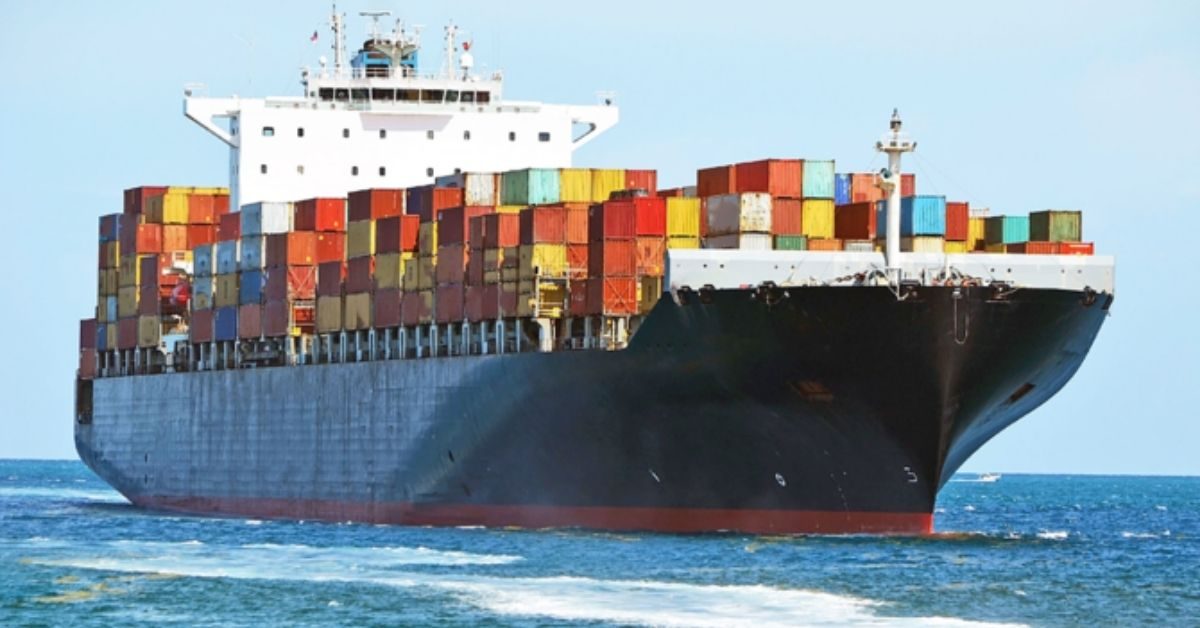The large carriers have consistently been talking about the extraordinary market which was helping to drive them to record results in 2021. Now, market analysts Alphaliner are quantifying just how extraordinary the year has been predicting skyrocketing record results that could see the 10 leading container carriers produce as much as $120 billion in EBIT (earnings before interest and taxes) profits.
The third quarter results recently announced by the largest publicly traded carriers served to highlight the strength of the market. A.P. Moller-Maersk as the parent of the largest publicly-traded container line reported an amazing 355 percent increase in profits to more than $5.9 billion for the quarter. Similarly, Hapag-Lloyd reported a nearly 10 times increase in profits to more than $6.7 billion for the first nine months of the year. CEO Rolf Habben Jansen said it was “extraordinary strong results,” joining with the CEOs of the other major shipping companies to forecast that market conditions would remain similar for the remainder of 2021 and into 2022.
Reviewing the results reported by the carriers, Alphaliner is forecasting for the full year the 10 largest container carriers remain on track for an EBIT operating profit of between $115 and $120 billion. According to Alphainer it the forecast is “more than six times the amount recorded in 2020 and is a figure that is likely to transform the structure of the industry.”
Following the release of the third quarter results, Alphaliner noted that “the ten lines have already generated nearly $80 billion in EBIT in the first nine months of the year.” Equally impressive they pointed to operating margins of 56 percent. “It compares to an average operating margin of just 3.7 percent in the same period two years earlier,” they wrote in their analysis.
The strength in the trans-Pacific market is contributing to much of the industry’s success. Accordingly, Alphaliner highlights it is the carriers with the greater percentage of their fleets on the Pacific that have benefits the most. For example, Evergreen Marine, Yang Ming, and Wan Hai, Alphaliner reports each achieved margins greater than 60 percent compared to giants Maersk and Hapag which were just over 46 percent as only a smaller portion of their fleets are on the most lucrative routes. The strength of the market has also spread to smaller carriers, with for example financially troubled Pacific International Lines recently reporting it had returned to profitability due to the extraordinary market.
Some analysts, however, have begun to question if the markets have peaked. Drewry, for example, in its weekly World Container Index reports that the composite index decreased 1.5 percent this week, continuing the declines that began early in October. Rates from Shanghai to Los Angeles were down nearly four percent and nearly five percent to New York reports Drewry. However, they also noted that the composite index remains 196 percent higher than a year ago.
The container lines are using this newfound strength to accelerate strategic plans. In addition to driving the orderbook for new vessels to record levels, Maersk, CMA CGM, and Hapag have all announced investments in terminals with Maersk moving aggressively on its logistic business. CMA CGM also expanded its air freight operations while other carriers have been paying down old debt.
In addition to the continuing surge in volumes, which show no signs of abating, Alphaliner sees other market conditions, including the recent emergence of the Omicron variant of COVID-19 that could ultimately push its forecasts for the year even higher.
Source : Maritime Executive







